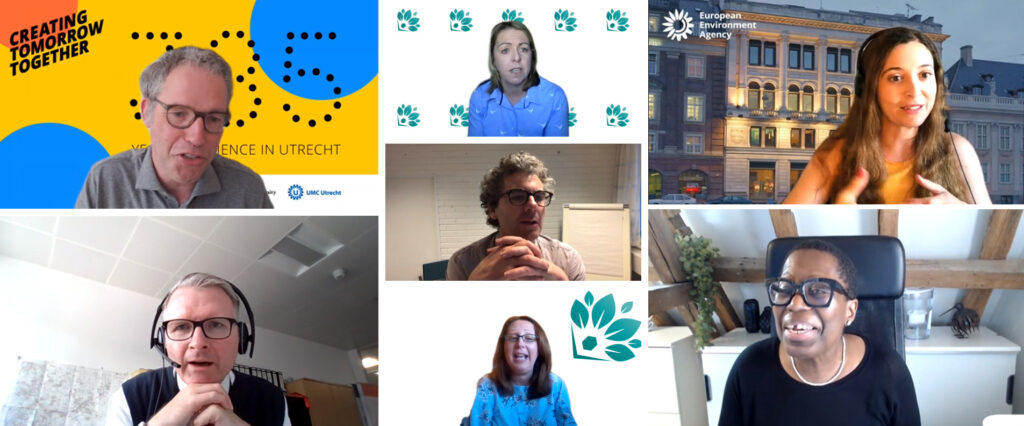Connecting Science and Policy
LongITools is studying the interactions between environmental, psychosocial, lifestyle, and biological factors to determine the risk of developing chronic cardiovascular and metabolic non-communicable diseases. With a focus on air pollution, noise pollution, and the built environment, the project will study and measure how longitudinal exposure to these factors contribute to the risk of developing diseases such as obesity, type 2 diabetes, heart diseases and atherosclerosis across the life-course.
The LongITools consortium is committed to maximising the impact of our research and appreciate that to do this the results need to be relevant, understandable, and accessible to all stakeholders. Our aim is to ensure the research findings, where applicable, contribute to the development of joined up policies and interventions that reduce the risk of developing diseases that cause such huge economic and social burdens.
Rather than simply presenting our research results at the end of the project, LongITools is engaging with stakeholders now. We believe it is essential to work collaboratively with policymakers, and all other stakeholders including citizens, throughout the project.
EU Green Week Partner Event
Our first Science Connecting Policy workshop, Health and Environment Dynamics: Translating Exposome Research to Support Integrated Policymaking, an EU Green Week Partner event, was held on Wednesday 9th June 2021. During the workshop, Professor Sylvain Sebert, the LongITools Project Coordinator, gave a presentation introducing the ‘exposome’ and an overview of the LongITools project. This was followed by a panel discussion, moderated by Professor Roel Vermeulen of Utrecht University, which focused on how we connect environment and health sciences to meet the needs of policymakers and improve the long-term health of EU citizens.

The panellists, Sylvain Sebert along with Rupert Suckling, Director of Public Health, Doncaster Council, UK; Joana Lobo Vicente, Expert in Chemicals, Environment & Human Health, European Environment Agency; and Jacqueline Bowman-Busato, EU Policy Lead, European Association for the Study of Obesity, were each asked specific questions and those put forward by the audience.
There were three key messages arising from the panel discussions:
- a collective approach, involving all actors is key;
- there needs to be a well-defined narrative and consistent use of language about the exposome; and
- researchers and stakeholders must maintain and develop a continuous, bi-directional dialogue throughout.
A recording of the workshop is available on the LongITools YouTube channel.
If you are interested in collaborating with LongITools and would like to take part in our future stakeholder events, please contact Johanne Boulding.